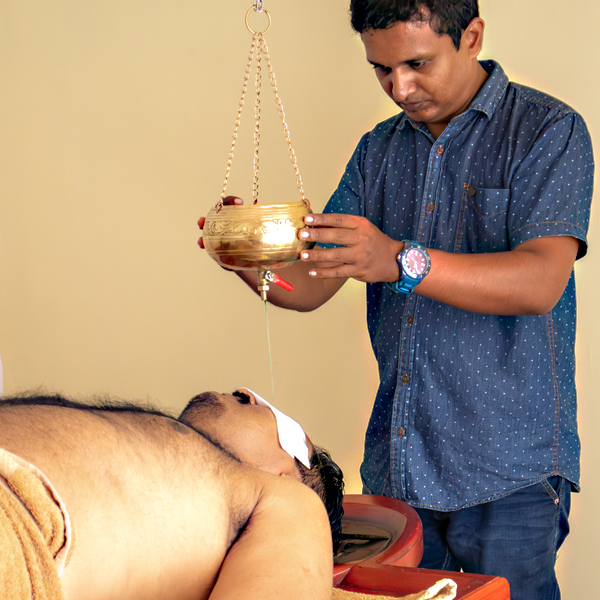High cholesterol is a condition where excessive levels of cholesterol accumulate in the bloodstream, increasing the risk of heart disease, stroke, and other cardiovascular complications. Cholesterol is a fatty substance essential for cell function, but an imbalance, particularly high levels of low-density lipoprotein (LDL), can lead to plaque buildup in the arteries. Poor diet, lack of exercise, genetics, and lifestyle factors contribute to this condition. Managing cholesterol through diet, exercise, and medical interventions is crucial for overall cardiovascular health.

Causes of High Cholesterol
The primary causes of high cholesterol include unhealthy dietary habits, such as consuming excessive saturated and trans fats found in processed foods. A sedentary lifestyle contributes by lowering high-density lipoprotein (HDL), the “good” cholesterol that helps remove LDL from the blood. Genetics can also play a role, with some individuals inheriting familial hypercholesterolemia. Other factors include obesity, smoking, excessive alcohol consumption, and underlying conditions such as diabetes and hypothyroidism, which disrupt normal cholesterol metabolism.
Conventional medicine attributes high cholesterol to lifestyle choices, genetic predisposition, and metabolic disorders. It classifies cholesterol into LDL (bad), HDL (good), and triglycerides, with excessive LDL being a primary concern. Factors like poor diet, obesity, diabetes, and hypothyroidism lead to cholesterol imbalances, increasing cardiovascular risks.
Ayurveda sees high cholesterol as an imbalance in Kapha Dosha, which governs fat metabolism and lubrication in the body. When Kapha becomes aggravated due to excessive intake of fatty, sweet, and processed foods, it leads to the accumulation of "Medo Dhatu" (fat tissues) and "Ama" (toxins), causing blockages in the arteries. Poor digestion (Agni imbalance) and improper liver function also contribute to high cholesterol levels.
Acupuncture, rooted in Traditional Chinese Medicine (TCM), views high cholesterol as a result of stagnant liver Qi, weak spleen function, and excess dampness or phlegm accumulation. The spleen and liver play a key role in fat metabolism and blood circulation, and when Qi (energy) is blocked, it leads to improper lipid processing and excess cholesterol in the blood. Emotional stress, poor eating habits, and lack of physical movement are considered major contributing factors in acupuncture.
Cure from High Cholesterol
In conventional medicine, treatment involves lifestyle changes such as a healthy diet, regular exercise, and cholesterol-lowering medications like statins. Dietary modifications focus on reducing saturated fats and increasing fiber intake to regulate cholesterol levels.
Ayurveda emphasizes herbal remedies, detoxification, and dietary changes to balance Kapha Dosha and improve digestion. Herbs like Arjuna, Guggulu, and Triphala help in lowering cholesterol naturally. Panchakarma therapies, such as Virechana (purification therapy), aid in eliminating excess fats and toxins from the body.
Acupuncture focuses on restoring liver and spleen function, promoting blood circulation, and reducing dampness accumulation. Specific acupuncture points like Liver 3 (Taichong), Spleen 6 (Sanyinjiao), and Stomach 36 (Zusanli) help in regulating lipid metabolism and reducing stress-related cholesterol imbalances.
Holistic healing – TARA Ayurveda and acupuncture combine treatments
Combining Ayurveda and acupuncture offers a holistic and effective approach to managing high cholesterol. Ayurveda focuses on detoxification, herbal remedies, and dietary modifications to balance metabolism, while acupuncture stimulates energy flow and enhances organ function. Together, they work synergistically to regulate cholesterol levels, improve digestion, and enhance cardiovascular health. Studies suggest that acupuncture enhances the efficacy of Ayurvedic therapies by promoting better circulation, reducing stress, and optimizing lipid metabolism. The integrated approach not only lowers cholesterol but also addresses underlying imbalances, offering long-term benefits without the side effects of pharmaceutical treatments. This combined therapy is gaining popularity as a natural, sustainable solution.

